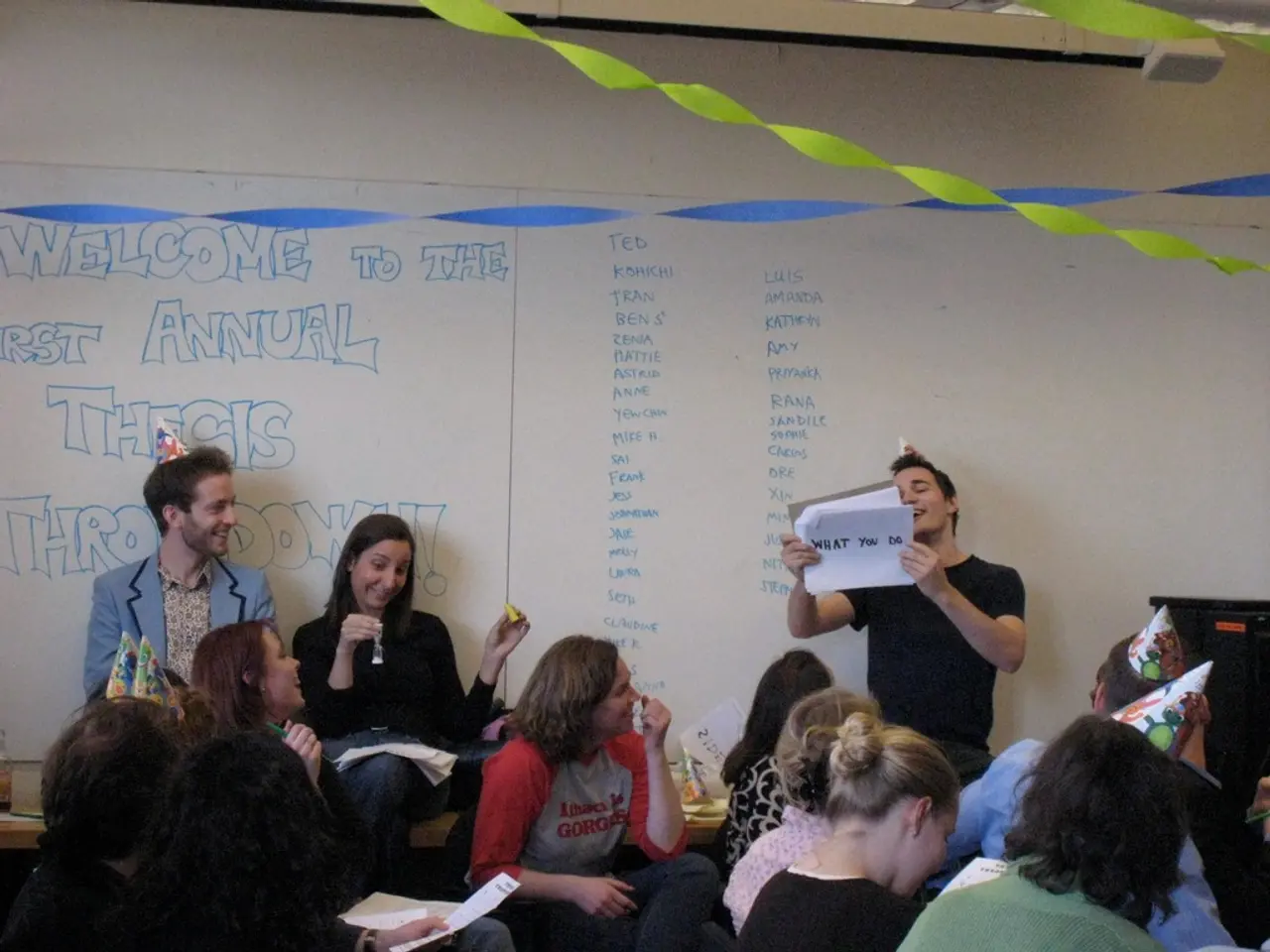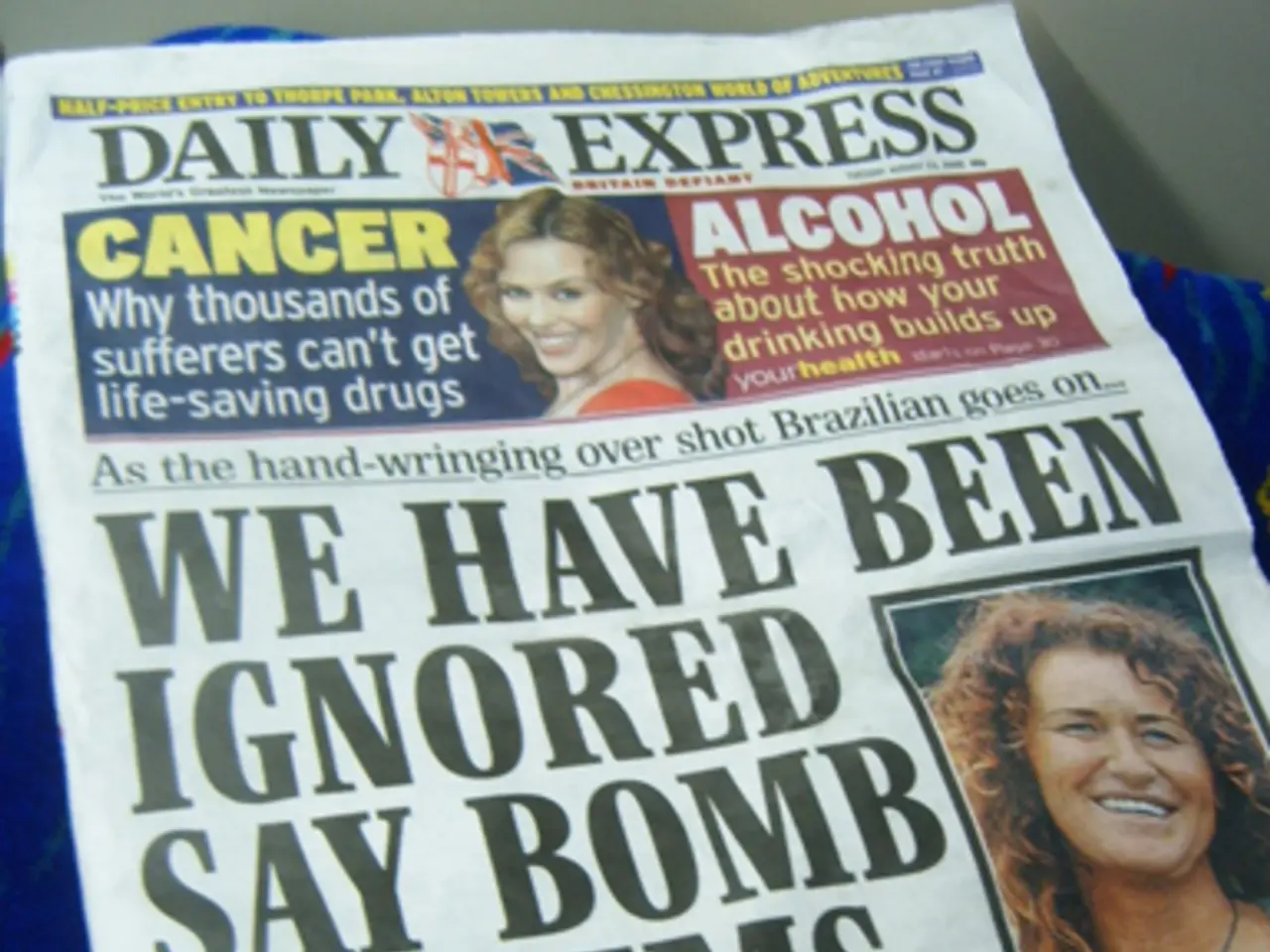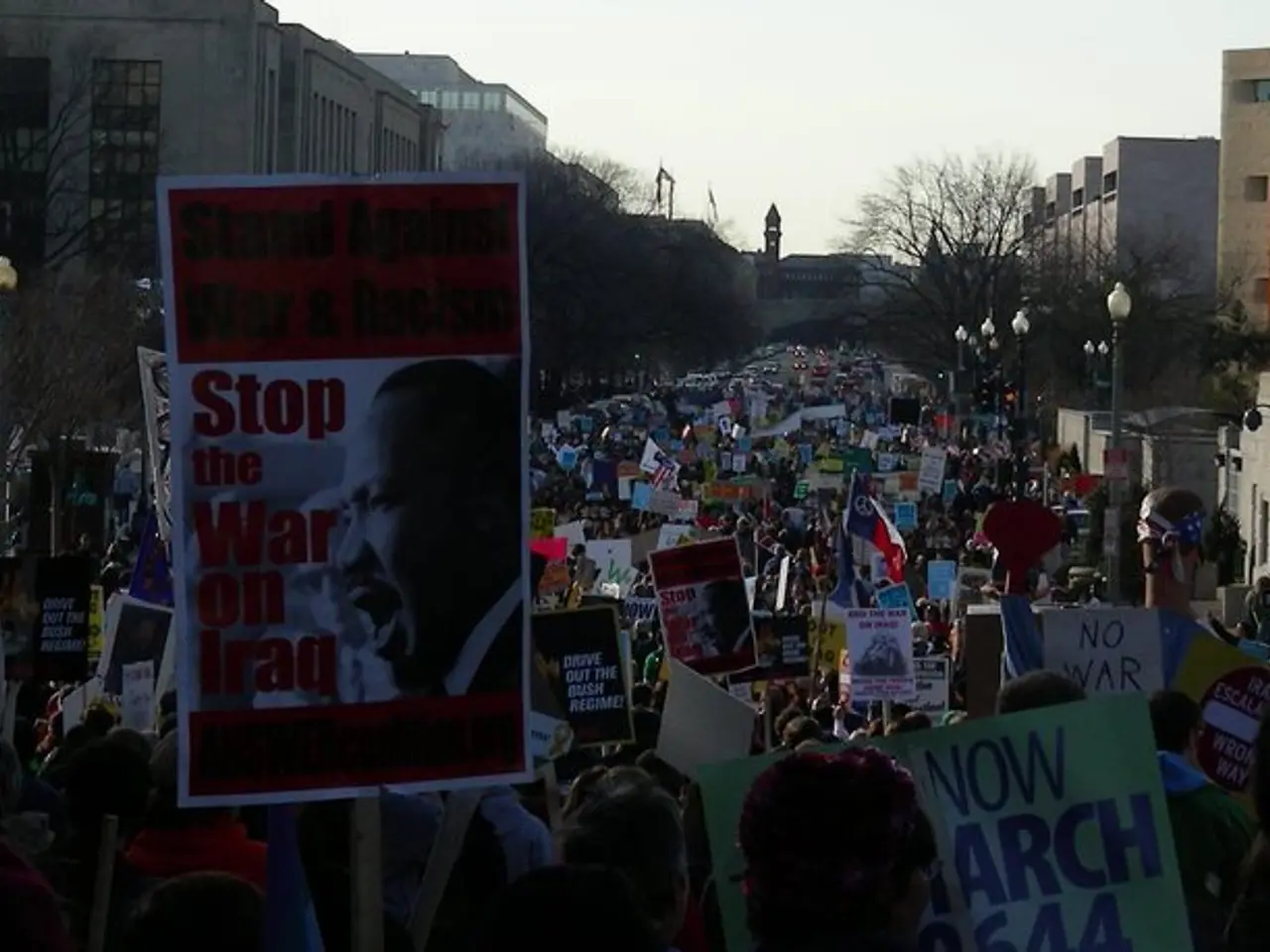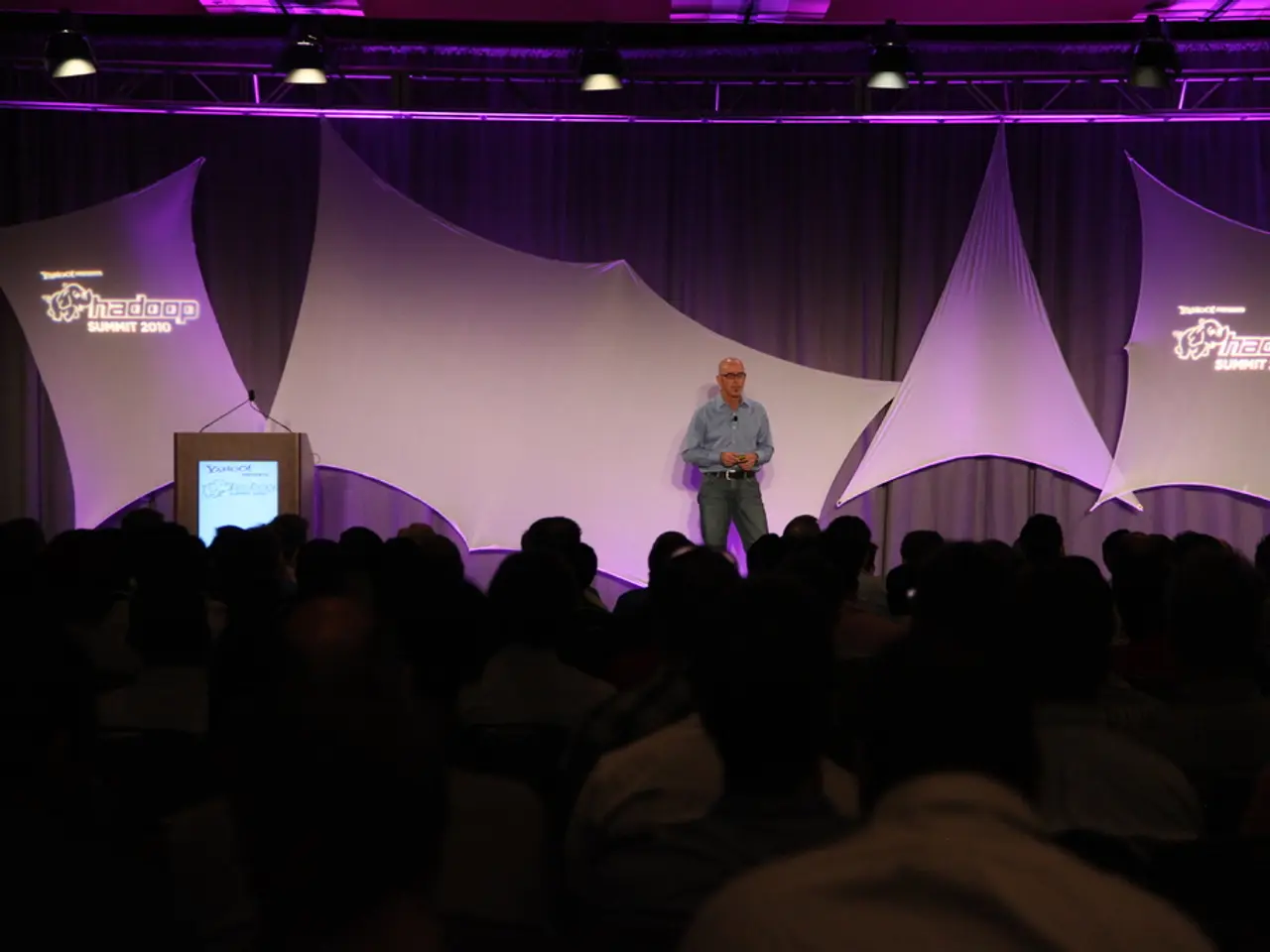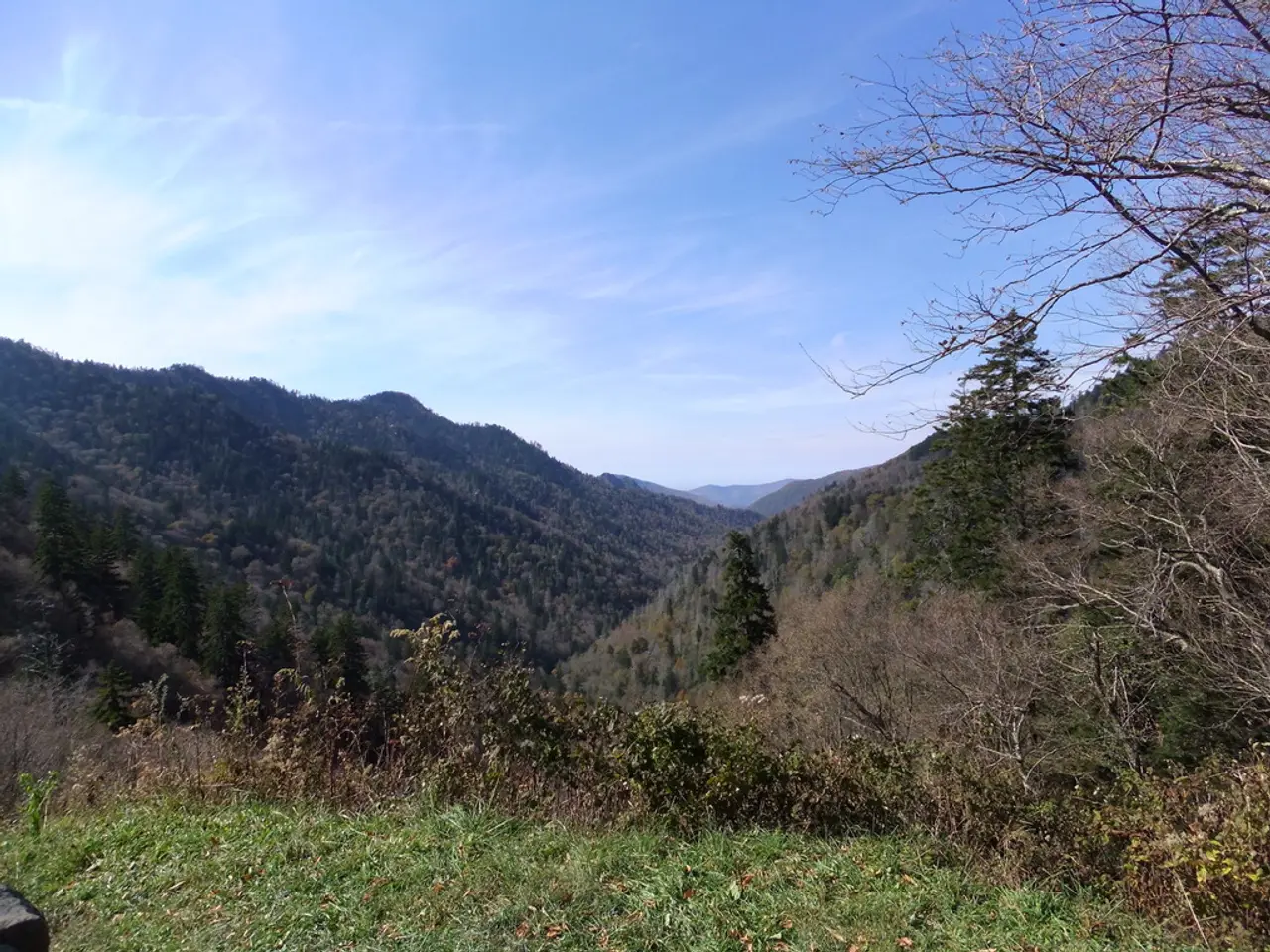Marks eighty years since the catastrophic atomic bombing in Hiroshima, a solemn remembrance of the countless lives lost takes place.
In the wake of the 80th anniversary of the atomic bombings of Hiroshima and Nagasaki, Japan is actively emphasizing the urgent need for nuclear disarmament while facing growing concerns about the rising risk of nuclear conflict.
Just last year, the Japanese organization Nihon Hidankyo, consisting of survivors of the atomic bombings, was awarded the Nobel Peace Prize, highlighting the enduring impact of these tragic events. However, the memories of the atomic bombings are fading, even in Japan, as peace education programs are being eroded and younger generations are increasingly unaware of the horrors of war.
Prime Minister Shigeru Ishiba has reaffirmed Japan’s commitment to maintaining national security while promoting nuclear disarmament. He has emphasized the importance of engaging nuclear powers in meaningful dialogue to realistically reduce nuclear arsenals. Japan, while advocating for abolition of nuclear weapons, remains cautious about joining newer treaties like the Treaty on the Prohibition of Nuclear Weapons, which is not supported by nuclear-armed states.
Ishiba has also reiterated Japan’s twofold responsibility: maintaining national security and promoting nuclear disarmament. He has shown support for extending medical and recognition services to hibakusha (atomic bomb survivors) outside designated zones.
The UN and global leaders share Japan's concerns about the heightened nuclear risks. UN Secretary-General António Guterres has called nuclear weapons “the illusion of safety and the certainty of devastation,” advocating for their total elimination as the only true guarantee against nuclear war. He has urged countries to recommit to nuclear disarmament, emphasizing grassroots peacebuilding and the importance of survivor testimonies as pillars for lasting peace.
Public advocacy and legislative initiatives internationally aim to prevent new nuclear arms races and encourage renewed arms control negotiations. These efforts are seen as critical to moderating immediate nuclear risks and advancing long-term disarmament goals.
Japan's commitment to a nuclear-free world is deeply rooted in society due to the experience of Hiroshima and Nagasaki. Despite voices in Japan calling openly for the country's nuclear armament, the government adheres to the three principles of not producing, possessing, or allowing nuclear weapons on its own soil.
The bombings of Hiroshima and Nagasaki, which occurred on August 6, 1945, and three days later in Nagasaki respectively, claimed the lives of tens of thousands of people instantly, and an estimated 140,000 people died by the end of 1945. The U.S. bomber Enola Gay dropped the atomic bomb, named "Little Boy," over Hiroshima.
As Japan moves forward, it continues to stand as a powerful reminder of the devastating consequences of nuclear weapons. The legacy and message of the atomic bomb survivors serve as a moral imperative to act and work towards a nuclear-free world.
- Amidst the growing concerns about the rising risk of nuclear conflict, Prime Minister Shigeru Ishiba has emphasized the importance of engaging in political dialogues with nuclear powers to realistically reduce nuclear arsenals.
- The UN Secretary-General António Guterres, sharing Japan's concerns, has advocated for the total elimination of nuclear weapons, emphasizing grassroots peacebuilding and the importance of survivor testimonies as pillars for lasting peace.
